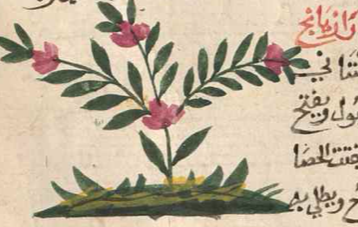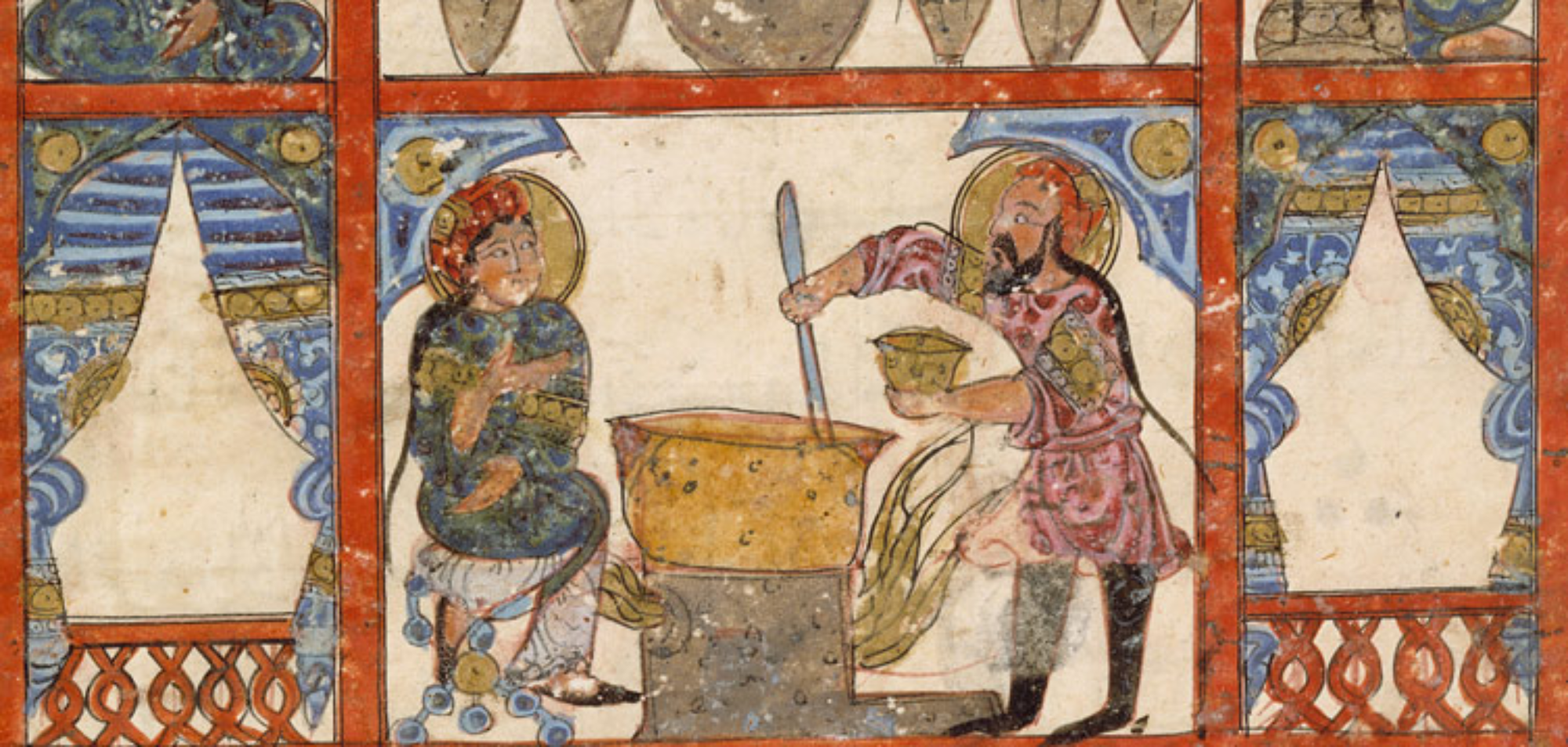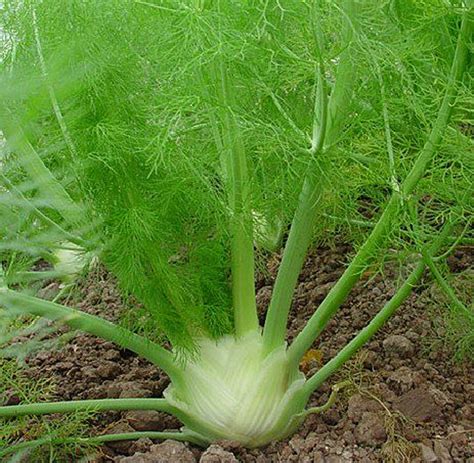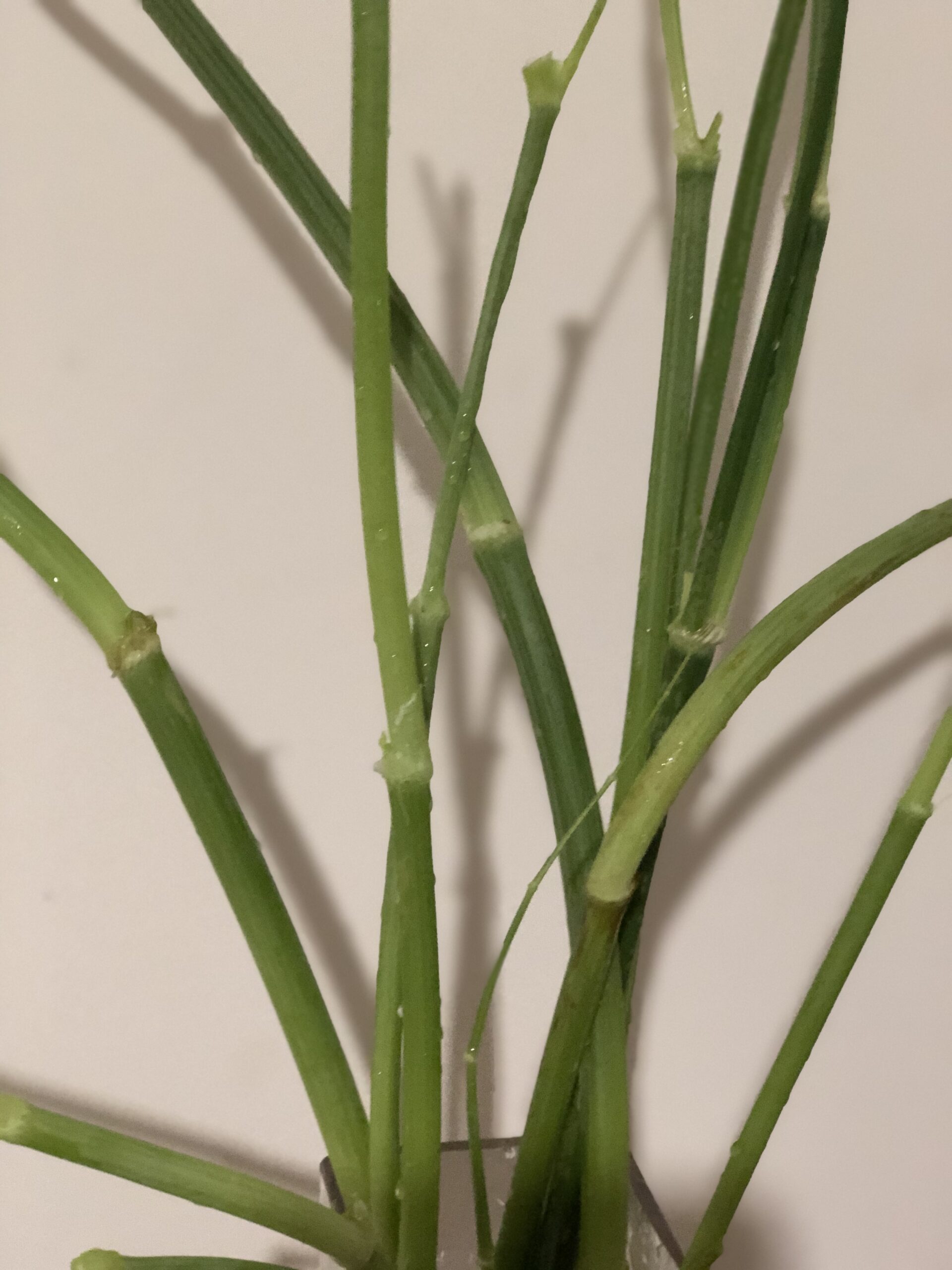The usual Arabic word for fennel (Foeniculum vulgare), rāziyānaj, is a borrowing from Persian (where it is also appears as rāzyām and rāziyāna). Its other names include shamar (another Persian borrowing) and, in the Maghrib, nāfiʿ (نافع) and basbās (بسباس). it is native to the Near East, but was already used in cooking in classical Antiquity. In mediaeval Arab cuisine it was particularly popular in Andalusian and North African cuisines, which used its seeds, stalks or leaves in a number of recipes, ranging from stews and condiments to drinks, or pickled. Medically, wild fennel was recommended in the treatment of blockages, to strengthen the eye- sight, and against nausea and heartburn. It was also considered a diuretic and emmenagogue. At the same time, it is slow to digest (its root causes constipation) and not very nutritious. Today, it is still used in pharmacology for its antioxidant, antitumor, hypoglycemic, and oestrogenic properties.



